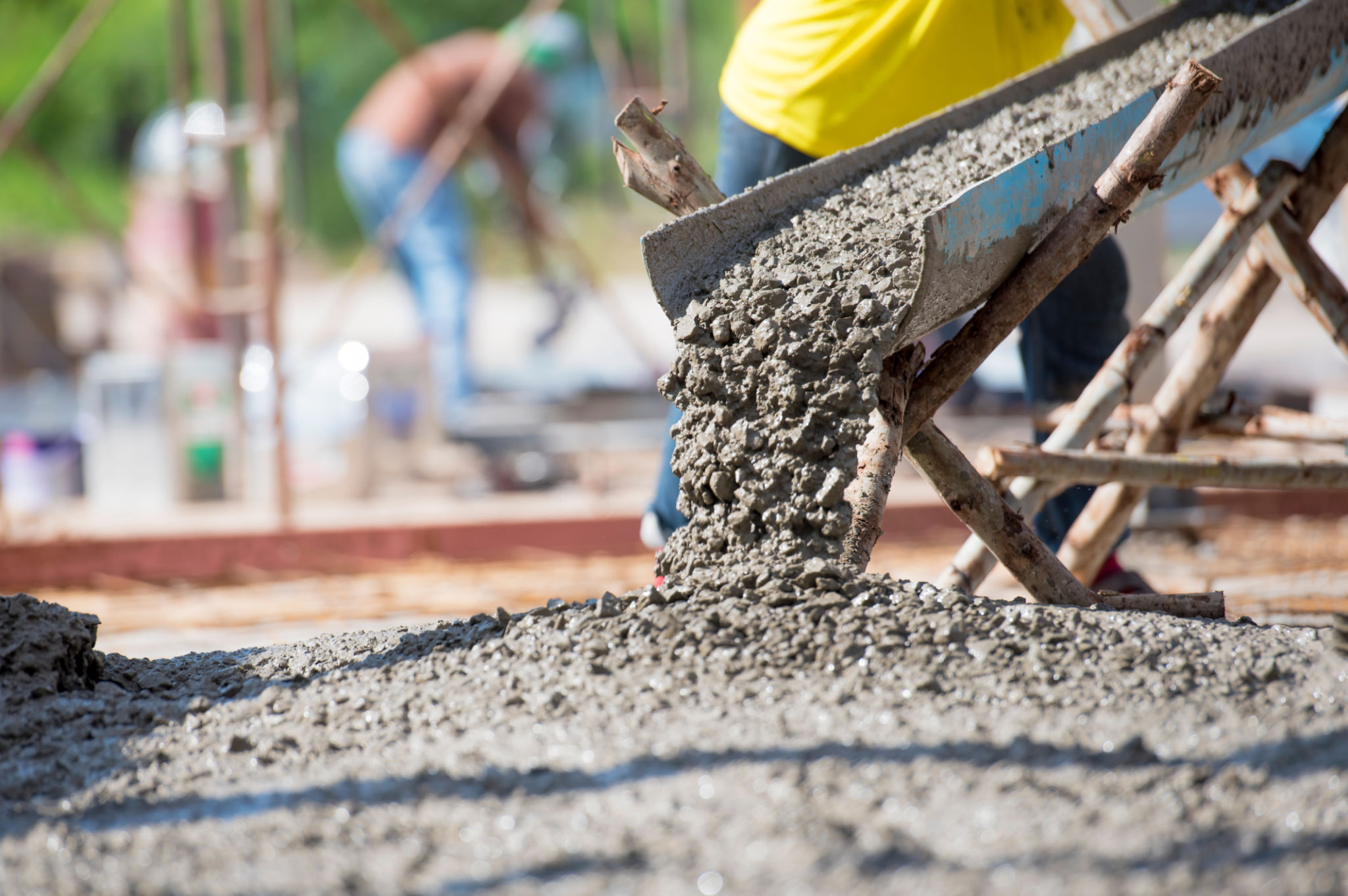Understanding Industrial Concrete Solutions for Large-Scale Projects
Introduction to Industrial Concrete Solutions
In the world of construction, concrete stands out as a fundamental material, especially for large-scale projects. Understanding industrial concrete solutions is crucial for ensuring the success and longevity of structures such as bridges, skyscrapers, and industrial complexes. This blog post delves into the essential aspects of industrial concrete solutions, highlighting their significance in the construction industry.

The Importance of Choosing the Right Concrete
When it comes to large-scale projects, selecting the appropriate type of concrete is vital. Industrial concrete solutions offer a range of options tailored to meet different project requirements. Factors such as load-bearing capacity, environmental conditions, and architectural design play a crucial role in determining the right mix. Choosing the correct type ensures durability and reduces maintenance costs over time.
Concrete used in industrial applications often requires special properties, such as high strength, quick setting time, or resistance to harsh environmental conditions. These properties are usually achieved using a combination of advanced materials and techniques, ensuring the concrete performs optimally under various stresses.
Advanced Techniques in Concrete Application
Advancements in technology have significantly transformed the application techniques of industrial concrete. Modern methods such as slipform paving and shotcrete allow for more efficient and precise construction processes. Slipform paving is particularly beneficial for continuous surfaces like roads and runways, offering speed and uniformity.

Similarly, shotcrete technology is employed for its versatility and ability to adhere to various surfaces. This technique is invaluable in tunneling projects and complex architectural designs where traditional pouring methods might be challenging. By employing these advanced techniques, construction teams can achieve superior results with higher efficiency.
Environmental Considerations
As sustainability becomes increasingly important in construction, the industry is focusing on eco-friendly concrete solutions. Innovations such as the use of recycled materials and low-carbon cement alternatives are gaining popularity. These solutions not only reduce the carbon footprint but also enhance the sustainability of construction projects.
Quality Control and Assurance
Ensuring the quality of concrete is paramount in large-scale projects. Stringent quality control measures are implemented at every stage of production and application. This includes routine testing for compressive strength, durability, and consistency. Quality assurance protocols help in identifying potential issues early, preventing costly repairs and ensuring project timelines are met.

Moreover, employing experienced engineers and technicians who understand the intricacies of industrial concrete solutions significantly impacts the project's success. Their expertise ensures that the materials used meet industry standards and project specifications.
The Future of Industrial Concrete Solutions
The future of industrial concrete solutions looks promising with ongoing research and development in materials science. Breakthroughs in nanotechnology and self-healing concrete are paving the way for smarter and more resilient construction materials. These innovations hold the potential to revolutionize how we approach large-scale projects, offering longer-lasting structures with minimal environmental impact.
As the industry continues to evolve, embracing these new technologies will be key to staying competitive and meeting the ever-growing demands for sustainable infrastructure development. By understanding and implementing advanced industrial concrete solutions, construction companies can ensure their projects not only meet current needs but are also prepared for future challenges.
